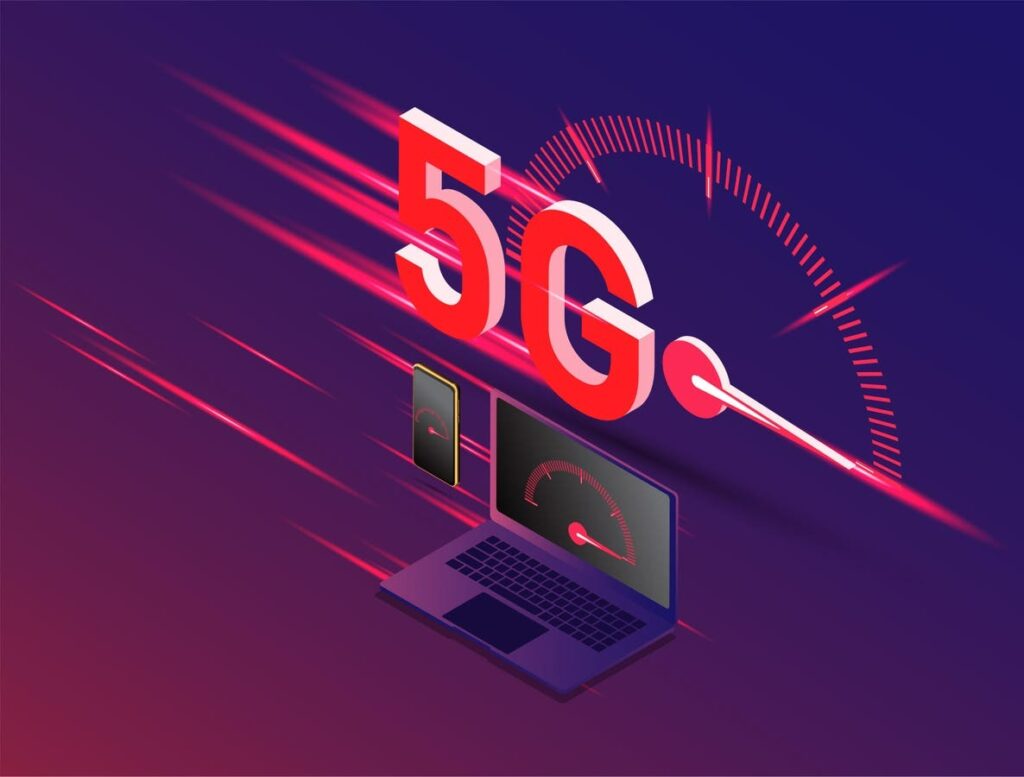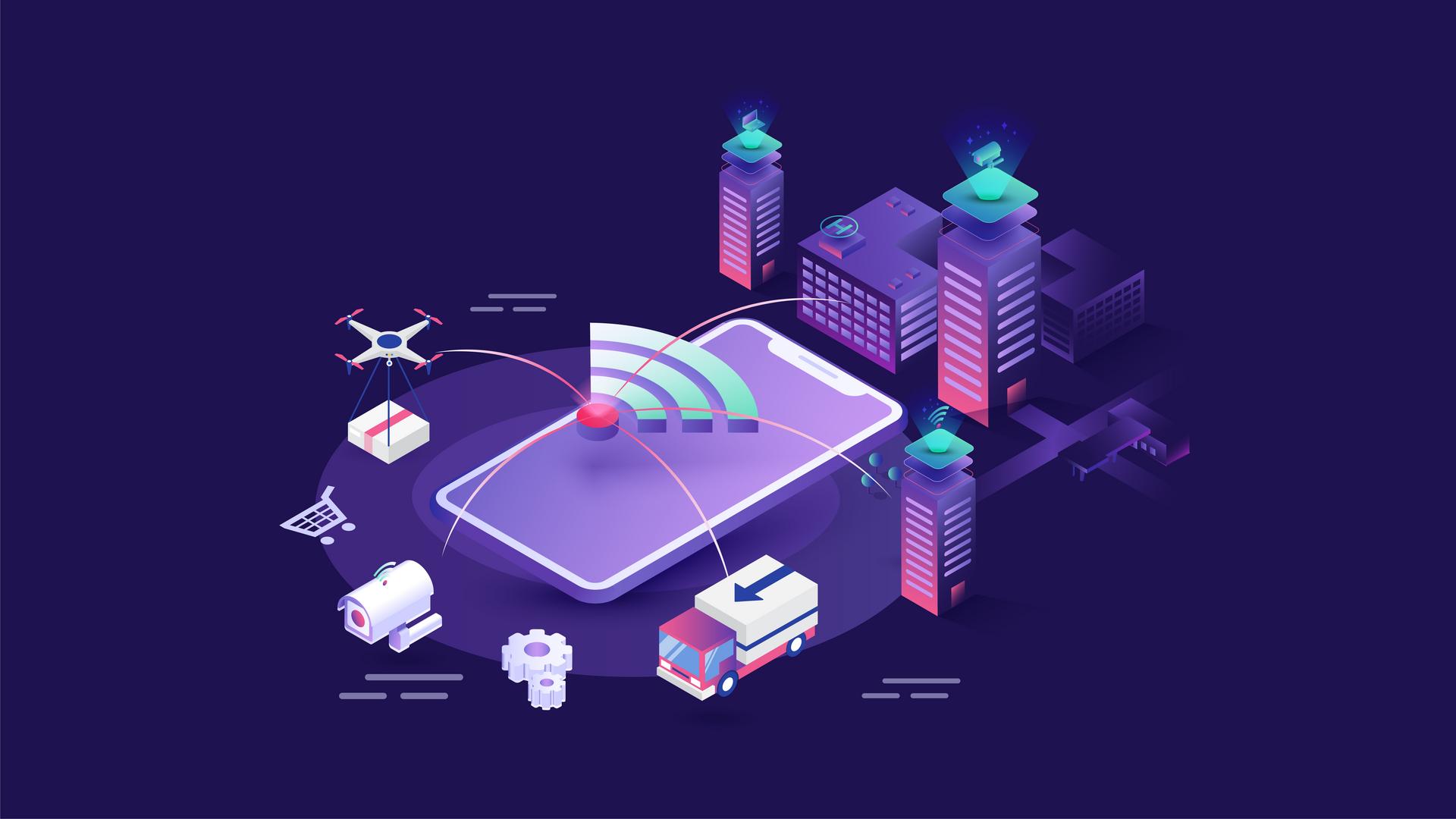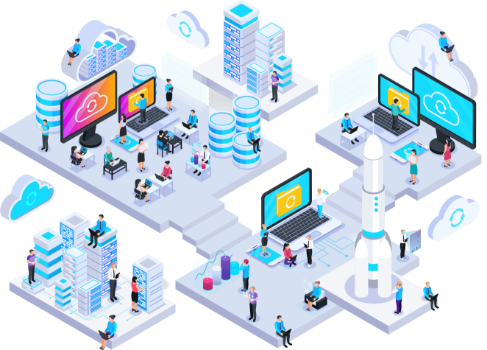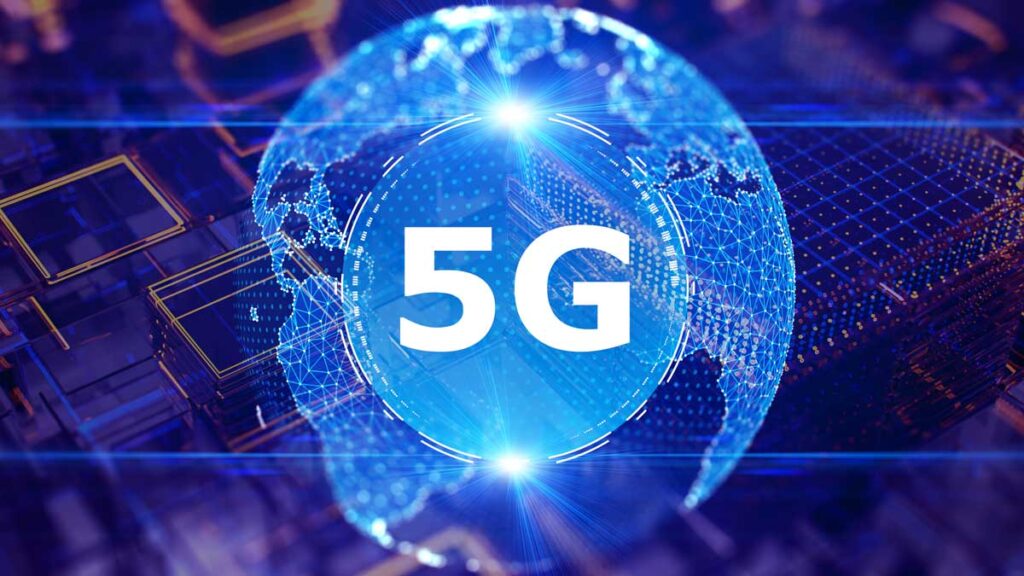How is 5G Technology Impacting Mobile App Development?
As the reach of 5G technology starts to expand globally, businesses in all sectors realize the evolutionary benefits and implications thereof. For mobile app developers, 5G means more than just speed. It represents a completely new level for app planning and building and experiencing.
With this technology, apps will be able to deliver smoother experiences with responsiveness to end-users, especially for real-time communication applications, games, and mobile applications relying on the Internet of Things.
In this article, we will take a view of how 5G has implications on mobile app development and why it is essential to remain ahead of the curve for success.
What is 5G Technology?
5G is the fifth-generation technology related to the mobile network, planned to offer faster data throughput, lower latency, and improved connectivity. It is faster than 4G and ensures download rates at a speed up to 100 times than other previous generations. Its capacity to send data in real-time with low delay, handle more connected devices, and deliver more bandwidth transforms mobile apps. These characteristics are particularly crucial for app developers working with technologies such as augmented reality (AR), virtual reality (VR), and the Internet of Things.
How Does 5G Technology Impact Mobile App Development?
- Faster Speed
The ultimate standout of 5G technology is its unmatched speed-a clear advancement compared with the already outstanding 4G. With the potential for data transfer speeds at as high as 10 Gbps, mobile applications will be able to perform operations and distribute material much better. Apps will load faster, seamlessly update, and give a much more fluid user experience and this will be so even for data-intensive applications.
For mobile gaming, streaming platforms, and multimedia-rich apps, 5G’s speed transforms how users interact with content. Games with high-definition graphics or complex multiplayer environments can run without lag, and video streaming apps can deliver ultra-high-definition (UHD) videos with virtually no buffering. This also enhances interactive aspects to assure more fluid engagement with comments in social media, live streaming, and gaming apps.
As compared to earlier networks, 5G offers more speed. Due to this, mobile application developers can provide more innovative and dynamic experiences.

- Minimal Latency
Ultra-low latency is one of the greatest innovations in 5G technology. Compared to 4G networks, 5G networks could even provide a latency as low as 1 millisecond whereas, on most 4G networks, the latency is found to take from 30 up to 50 milliseconds.
Augmented and virtual reality applications require low latency. For example, for smooth and interesting streaming, AR applications need data to be sent in quickness. Similarly, low latency ensures there will not be any kind of lag or motion sickness in VR applications hence it becomes helpful in entertainment as well as educational sectors.
With 5G’s low latency, these apps can deliver high-quality video and voice calls with minimal delay, making remote meetings and consultations more fluid and reliable.
For businesses, the ultra-low latency of 5G opens up new possibilities for developing apps that offer seamless real-time experiences, whether it’s live collaboration, gaming, or AR/VR applications.
- Expansion of IoT-Connected Mobile Apps
5G supports a large number of devices at once, which makes it perfect for the Internet of Things (IoT). While 4G struggles with multiple connections, 5G can handle them smoothly. This means IoT apps will run better, with fewer delays or interruptions.
Mobile apps can now easily connect with smart devices like home appliances, wearables, and industrial tools. For example, smart home apps can control things like lights and security in real time. Wearable devices, such as fitness trackers, can give instant updates on health data because of 5G’s fast processing.

- Improves cloud-based mobile applications
Cloud-based mobile applications benefit the most from 5G technology. Its speed and low delay let the apps run smoothly while relying on the cloud for data storage and processing. With 5G, apps can access data from the cloud faster, leading to better performance and less waiting time for the users.
This is especially crucial for businesses that use apps for data-heavy tasks. For example, companies that use real-time collaboration tools or apps that need large amounts of data, like video editing or graphic design platforms, will see improvements. It allows users to upload, download, and access files much quicker, even when working with high-quality content.
Additionally, 5G supports edge computing, where data is processed closer to the source instead of in a distant cloud server. This reduces the time it takes for apps to respond, making them more efficient. For industries like healthcare or logistics, where quick access to data is critical, this improvement can be a big advantage.

- Security and Privacy of Mobile Apps
Security has become a major issue as 5G connects more devices. As more data moves between apps and networks, hackers now have more opportunities as a result. To secure apps developed for 5G, developers must take additional precautions. The main challenge is the increased data traffic. With 5G’s fast speeds, hackers can quickly steal large amounts of data if security measures are weak. Encryption becomes more important to protect sensitive information. Developers should also focus on securing communication between multiple devices, especially in IoT apps.
The increased quantity of attack points is further cause for concern. Since 5G links more devices, every one of them becomes a possible target. The network’s developers are responsible for ensuring the security of each device. This means implementing strong authentication procedures and routinely upgrading the guidelines.
App developers can create more secure and safe apps for the 5G era by keeping these issues in mind. Security needs to be the main concern as more businesses and consumers use 5G-enabled apps.

The Future of 5G in Mobile Application Development
Although 5G is still in its early stages, it has enormous potential. As more organizations and industries adopt 5G, mobile apps are expected to evolve. Developers can design complex apps that run faster, interact in real-time, and perform more efficiently. This opens up new opportunities for apps in sectors such as healthcare, gaming, and education.
We will also see an increase in AI-powered applications requiring real-time data processing. Because of 5G’s low latency, apps may provide instant feedback and predictive analytics, allowing businesses to make more informed decisions. AR and VR apps will prosper, offering more immersive experiences.
Businesses should remain ahead of the curve by implementing 5G technology now. Those who adopt it early on can develop apps that provide better services and get a competitive advantage in the market.
As 5G becomes the mainstream, it will change what people expect from mobile apps, requiring developers to create quicker, smarter, and more imaginative solutions.
Conclusion
5G is more than just a high-speed network, as it represents a fundamental transformation in how mobile apps are created and utilized. With its fast speeds, low latency, and capacity to connect more devices, 5G is creating new opportunities for mobile app developers and enterprises. 5G is transforming the future of mobile technology by enhancing real-time experiences and performances of cloud-based and IoT apps. Businesses using 5G can develop innovative apps, improve user experiences, and remain ahead of the competition.
As 5G expands globally, its impact on mobile app development will only rise, opening up new avenues for innovation and growth. To truly benefit from everything 5G technology has to offer, developers and businesses must embrace it and reconsider their app strategy.
[contact-form-7]
